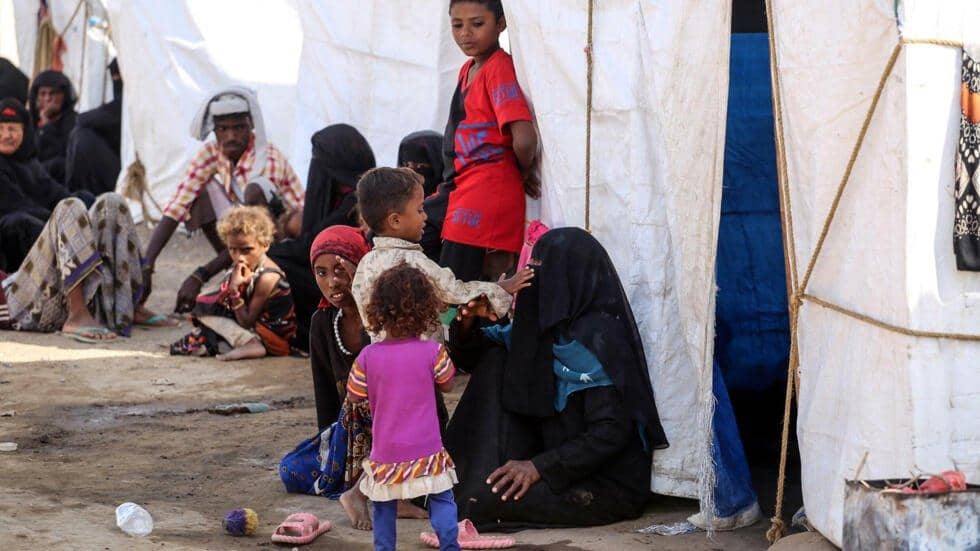In Islam, providing humanitarian aid to those in need is considered a virtuous act and is strongly encouraged. While it is not mandatory, it is seen as a fundamental principle of the faith to assist those who are suffering and in need, regardless of their religion or background.
The Quran instructs Muslims to help those in need, regardless of their faith. In Surah Al-Ma’idah, Verse 2, it is stated, “And help one another in righteousness and piety, but do not help one another in sin and transgression.” This verse indicates that Muslims should assist others in doing good deeds and in acts of righteousness, regardless of their faith.
Similarly, in Surah Al-Baqarah, Verse 177, it is stated, “It is not righteousness that you turn your faces towards the East or the West, but righteousness is to believe in Allah and the Last Day, and the Angels, and the Book, and the Prophets, and to give wealth, however cherished, to kinsfolk, and orphans, and the needy, and the wayfarer, and to those who ask, and to set slaves free.” This verse indicates that Muslims should give their wealth to those in need, regardless of their faith.
In addition, there are many Hadiths (sayings of the Prophet Muhammad) that emphasize the importance of helping others, regardless of their faith. For example, the Prophet Muhammad is reported to have said, “All creatures are the family of Allah, and he is the most beloved of Allah who does good to His family” (Tirmidhi).
In summary, providing humanitarian aid is strongly encouraged in Islam, regardless of the recipient’s religion. Muslims are encouraged to provide aid to those in need and to treat all people with kindness and compassion.



